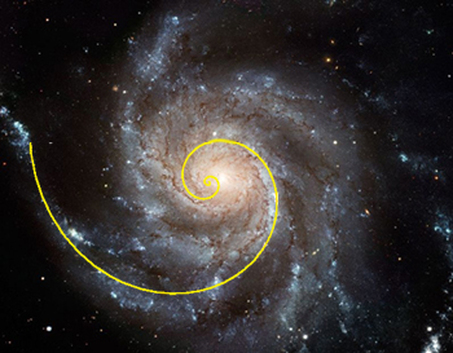Distinguish Between the Voice of Ego and the Actual Situation
Awareness is the beginning of becoming free of the ego because then you realize that your thoughts – and the negative emotions they produce—are dysfunctional and unnecessary. For example, let’s go back to the supermarket line. As you stand waiting, you aren’t actually irritated because it’s taking a long time to get through to the checkout, which is the situation. You are irritated by what your mind is telling you about the situation—which is that all this waiting is bad and a waste of your time. But you could actually be enjoying that moment if you say, “This is simply what is. There’s nothing I can do about it, so why not breathe in deeply and look around and enjoy the world around me?”
Let Go of Limiting Stories
Sometimes the danger is not even pessimistic thought. If, for instance, you have been let go from your job, you might so resist being negative that you say, “It’s a great thing that I lost my job!” That kind of willful optimism is not necessary. We hold on to the fairy tale of supposed happiness – that we should be happy. But this keeps you stuck where you are. Instead, try to describe only what is happening, without judgment: I do not have a job. I must look for one.
Bring In Your Awareness
When you see the difference between your voice and the reality of the situation, that’s the beginning of awakening. This is often a moment – a flash that sizzles and disappears. Initially you still lose yourself again, and the old thoughts arise, but gradually, you gain awareness, and the dysfunctional thoughts subside. It’s a gradual transition, this bringing in of your awareness, because the ego doesn’t want to change. It doesn’t want to disappear, so it will give you plenty of reasons why you cannot be present.
Lay Down Your Weapons
Your challenge will be to become more aligned internally with the present moment. Fighting with your ego by will just makes it stronger. By declaring war on it, you make an enemy. A simple example: You wake up in the morning, and it’s raining and gray, and the mind says, “What a miserable day,” and this is not a pleasant thought. You likely feel some emotion: dread, disappointment, unhappiness. You suddenly realize that your judgment of what kind of day it will be is based on a mental habit, an unconscious default. That simple awareness creates space for a new thought to emerge. You can look again out the window without that preconception and just see the sky. It’s gray. There’s some sunlight filtering through the sky. There are, perhaps, raindrops falling. It’s not actually miserable at all. It has a certain beauty. Then suddenly, you’re free. You’re no longer imposing something on reality, and you’re free to enjoy what, previously, you had rejected.
Tags: Drop Identity Know Thyself Our Question










